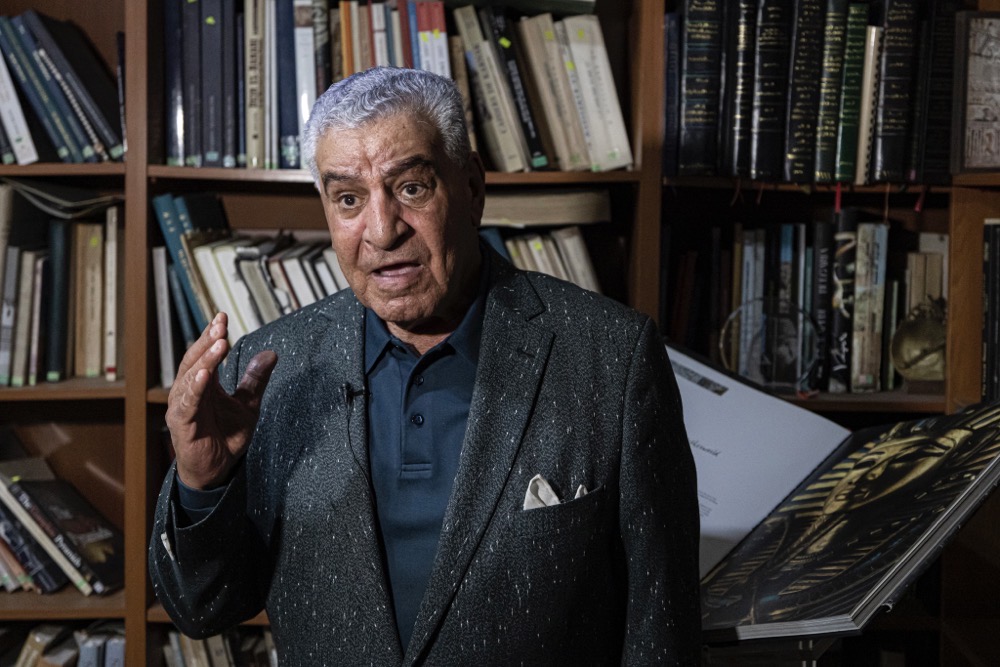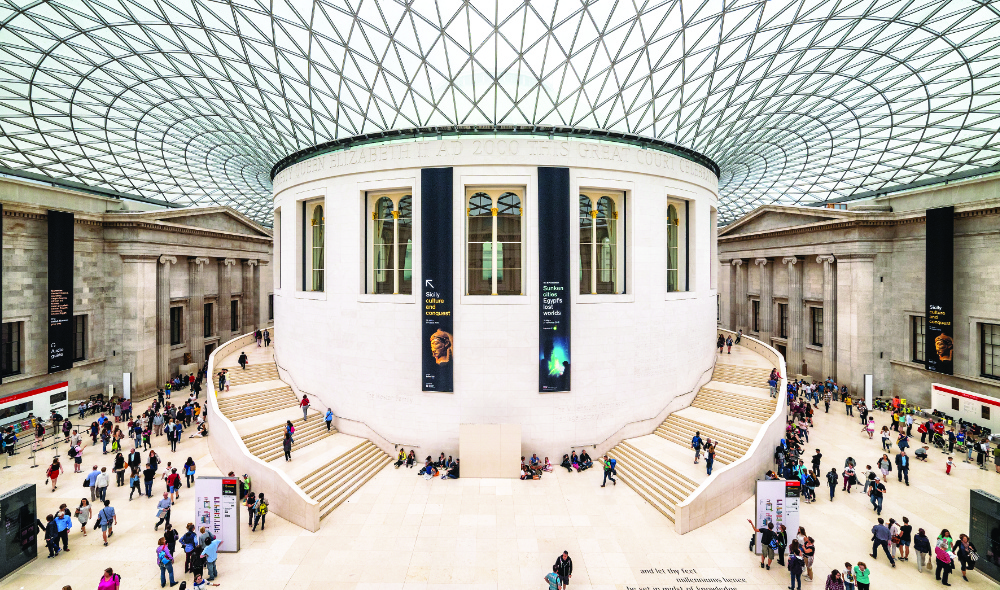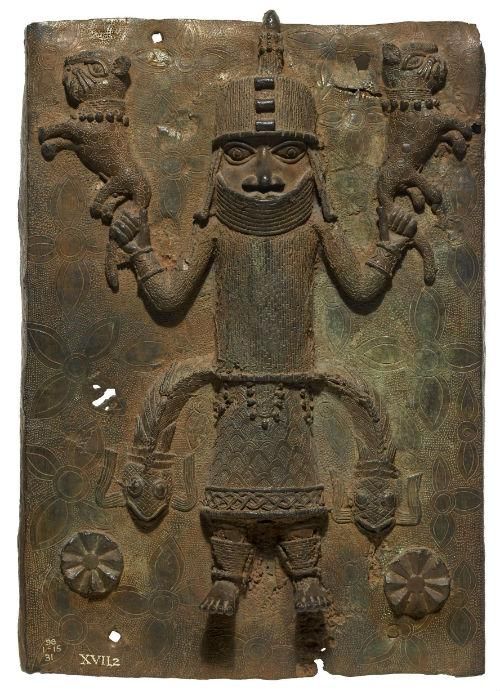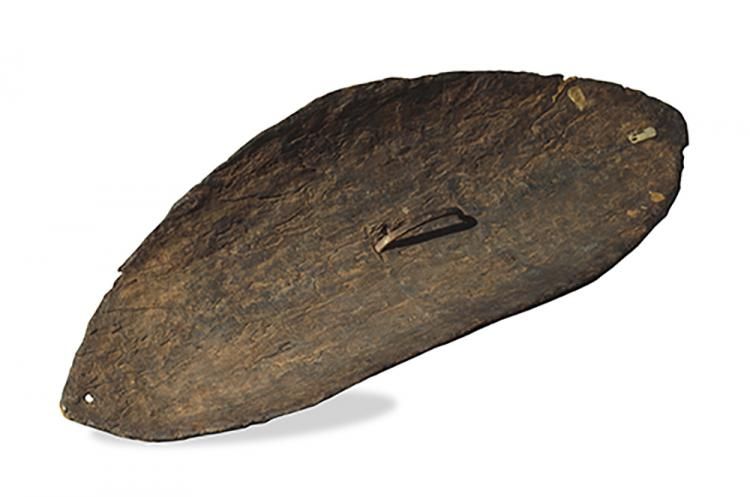Why the irony of British Museum thefts shouldn’t be misplaced on nations awaiting return of looted artifacts
IRBIL, Iraqi Kurdistan/CAIRO/LONDON: The British Museum in London, one of many world’s foremost exhibitors of historic and cultural artifacts, is mired in controversy over the theft of invaluable gadgets from its collections and a failure by museum officers to correctly examine, forcing its director to resign.
The irony of the British Museum falling sufferer to thievery has not been misplaced on these nations across the globe who’ve lengthy accused the establishment of displaying — and refusing to return — an unlimited bounty of treasures looted over a number of centuries of British imperial growth.
The controversy has as soon as once more raised pertinent questions over the museum’s proper to completely possess and exhibit such artifacts from numerous historical civilizations and international locations worldwide when it can not assure their preservation or safety.
Zahi Hawass, Egypt’s most famed archaeologist and former minister of state for antiquities affairs, instructed Arab Information: “What occurred within the British Museum is against the law by all requirements.
“The presence of Egyptian antiquities in American or European museums or anyplace on the earth doesn’t imply that they personal these antiquities.”
He mentioned such gadgets could be much better protected, fastidiously catalogued, and correctly restored of their native land.
As much as 2,000 artifacts, starting from gold jewellery to uncommon gems and semi-precious stones courting from the fifteenth century B.C. to the nineteenth century, have been stolen from the British Museum’s storeroom over a number of years, aided and abetted by an absence of correct cataloguing or registration.
The museum’s director, Hartwig Fischer, mentioned he would step down after admitting failures in investigating the thefts. Nonetheless, his resignation has executed little to assuage the issues of these nations with valuable artifacts within the museum’s possession.
“The theft of artifacts from the British Museum and the ensuing investigation of its former director is taken into account against the law towards the entire world,” Hawass added.
The ex-politician has in recent times made important archaeological discoveries all through Egypt, together with a significant discover at Saqqara necropolis in October 2020.
He mentioned: “As a result of stealing antiquities from a museum on this method is unreasonable, I ask that Egypt subject a preferred demand that this museum doesn’t should show Egyptian antiquities in it.
“It’s owned by Egypt, and Egypt should shield its property from theft or improper restoration operations.
“We affirm that the presence of the Rosetta Stone contained in the British Museum is a grave mistake as a result of this stone is the icon of Egyptian antiquities, and its place have to be in Egypt.
“I additionally demand that UNESCO and the Ministry of Tourism and Antiquities maintain a global convention to seek out out the potential of withdrawing our antiquities from the British Museum,” Hawass added.
A British Museum spokesperson instructed Arab Information it had “acquired no formal request from the Egyptian authorities to repatriate the Rosetta Stone.”
The spokesperson mentioned: “The British Museum works with companions all around the world together with with colleagues all through Egypt on initiatives, exhibitions, and analysis and we get pleasure from a long-standing and collaborative relationship with the Egyptian Ministry of Antiquities.”

The museum acknowledged the sensitivities surrounding the restitution of things “that are taken care of” by the establishment and others prefer it all over the world, the spokesperson added.
“The British Museum understands and acknowledges the importance of the problems surrounding the return of objects, and works with communities, colleagues, and museums throughout the globe to share the gathering as broadly as attainable.
“The controversy about restitution raises necessary and nuanced questions round objects and collections that are taken care of in lots of international locations all over the world.
“The British Museum totally acknowledges the complicated histories of objects throughout the assortment and acknowledges our duty to interact audiences about their interconnected historical past within the trendy world,” the spokesperson mentioned.
In relation to the latest thefts, museum chair George Osborne, a former British finance minister, was quoted by Reuters denying any suggestion there had been a cover-up in mild of the museum rejecting a warning two years in the past.
In an Aug. 16 press launch, he mentioned the museum’s trustees “have taken decisive motion to take care of the scenario” and “arrange an unbiased evaluation into what occurred and classes to study, and used all of the disciplinary powers accessible to us to take care of the person we imagine to be accountable.”

Osborne admitted the potential of “potential group assume” within the establishment, which couldn’t even conceive of an insider pilfering from its huge and priceless assortment. He additionally conceded that the thefts had “actually been damaging” to the museum’s status as a trusted place to retailer and exhibit many invaluable relics.
His admission might appear to be an understatement. In any case, the museum has justified the possession of its huge assortment on the premise that it’s safer within the museum’s arms in comparison with a lot of their areas of origin, particularly conflict-ridden elements of Africa and the Center East.
That justification, at instances, seemed to be validated in recent times, a minimum of on a floor stage. For instance, when Daesh rampaged throughout Iraq and Syria between 2014 and 2019, it deliberately destroyed quite a few artifacts within the Mosul Museum and offered others it had looted from such websites on the black market to fund its terrorist actions.
Iraq has since rebuilt the Mosul Museum following the town’s liberation in July 2017 and just lately reopened the nationwide museum in Baghdad, which was infamously looted in 2003.
In Might, Iraqi President Abdul Latif Rashid introduced the restoration of 6,000 artifacts, courting again to a number of phases of Iraqi civilizations, that had been on mortgage to the British Museum within the Twenties for research however have been by no means returned.

Comparable circumstances of the destruction have occurred elsewhere. In 2012, Al-Qaeda overran the traditional metropolis of Timbuktu in Mali and deliberately destroyed its centuries-old manuscripts. UNESCO has dubbed such intentional destruction of world heritage websites and artifacts “cultural cleaning.”
When he was mayor of London in 2015, former British Prime Minister Boris Johnson pointed to such cultural cleaning as a justification for, amongst different issues, the removing of the Elgin Marbles from the Parthenon in Greece two centuries in the past, which stay within the British Museum to the current day.
His reference to the Elgin Marbles, particularly, was weird since Daesh had overrun massive elements of the Center East, not Greece.
The sculptures have been faraway from the Parthenon’s wall in Athens within the early nineteenth century, when Greece was below the management of the Ottoman Empire, by the Seventh Earl of Elgin, an vintage collector and British diplomat.
Following their removing, below questionable authorized and moral circumstances, the British authorities purchased the artifacts and duly handed them over to the British Museum in 1816.
Their removing continues to rankle Greece and Greeks alike. When the brand new Acropolis Museum in Athens opened within the late 2000s, it featured a show depicting the place the Elgin Marbles could be positioned if Britain ever determined to return them. That show aptly demonstrated how their removing primarily continues to disfigure a world heritage web site.

Assertions like Johnson’s justifying the UK retaining them greater than two centuries later arguably ring hole after the latest revelations of theft.
“We need to inform the British Museum that they can’t anymore say that Greek (cultural) heritage is extra protected within the British Museum,” Despina Koutsoumba, head of the Affiliation of Greek Archaeologists, instructed the BBC.
In a latest interview with the Greek newspaper To Vima, Greece’s Minister of Tradition Lina Mendoni mentioned the safety questions raised by the lacking objects “reinforces the everlasting and simply demand of our nation for the definitive return” of the Elgin Marbles.
“The loss, theft, and deterioration of objects from a museum’s collections is a particularly critical and notably unhappy occasion. Actually, when this occurs from inside, past any ethical and legal duty, a significant query arises concerning the credibility of the museum group itself,” she added.

The return of artifacts from UK museums shouldn’t be with out precedent. The Benin Bronzes — hundreds of looted gadgets in European collections — are within the technique of being repatriated to Nigeria, having been taken by British forces throughout the sacking of Benin Metropolis in 1897.
The British Museum can also be residence to a number of different contested objects, together with Aboriginal artifacts from Australia, the Maqdala assortment from Ethiopia, Hoa Hakananai’a of Easter Island, and the Cyrus Cylinder of the Persian Empire.
Iran’s final shah extolled the cylinder as proof of Persia’s development, invariably describing it as the primary invoice of rights or human rights constitution hundreds of years earlier than America’s.
In a transparent reference to the British Museum, he as soon as instructed a British reporter: “You might have the true scroll in your museum. You took it from us.”
Occasions of the previous week and revelations of negligence probably courting again a few years make the current second supreme for objectively reassessing the knowledge of getting so lots of the world’s treasures and historic artifacts below one roof.

